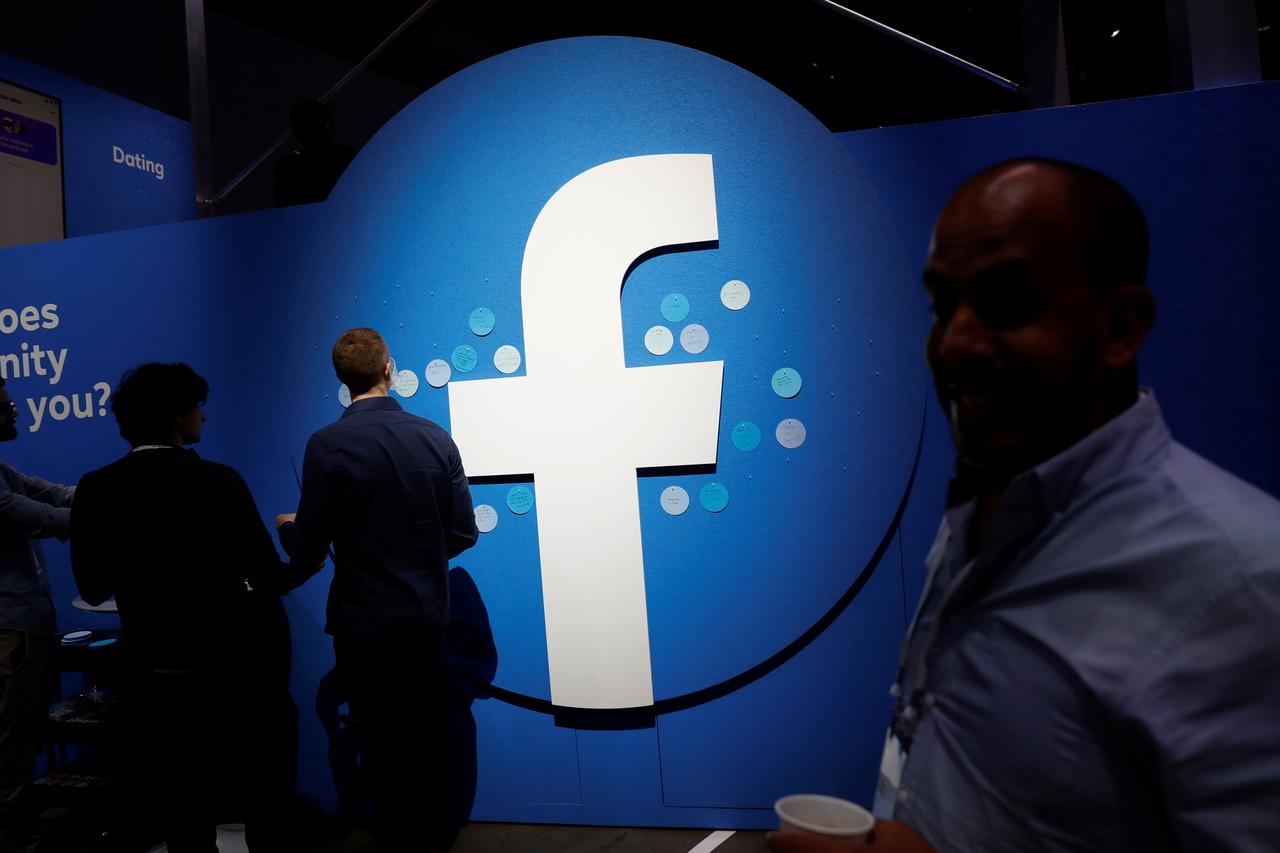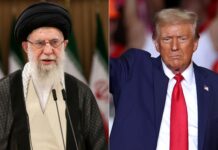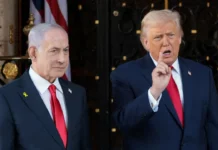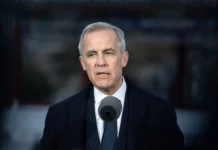SAN FRANCISCO: The United States, Britain and Australia have called on Facebook to give authorities the ability to circumvent encryption used in its messaging services — a measure opposed by the social media giant. Facebook has been dogged by several privacy scandals in recent years and has pledged to boost user protections by rolling out end-to-end encryption across all of its social media platforms.
But that plan risks weakening the ability of law enforcement to detect criminal acts including terrorism and child pornography, according to a joint letter signed by US Attorney General William Barr, British Home Secretary Priti Patel and Australian Home Affairs Minister Peter Dutton.
“Facebook has not committed to addressing our serious concerns about the impact its proposals could have on protecting our most vulnerable citizens,” said the Thursday letter, addressed to company chief Mark Zuckerberg and seen by AFP.
The company already encrypts WhatsApp messages from end-to-end — meaning only the sender and recipient can read the message — and is working to extend the technology to other apps in its family, including Messenger and Instagram. Facebook says it is intent on introducing the service without granting oversight to law enforcement agencies.
“We strongly oppose government attempts to build backdoors because they would undermine the privacy and security of people everywhere,” a Facebook spokesperson said.
Zuckerberg said users had been clamouring for encryption, adding that patterns of behaviour and connections between accounts could be used to detect illicit behaviour even if authorities could not see data in private messages.
During a live streamed question and answer session with employees, Zuckerberg said Facebook would continue to work with authorities to strike a balance between privacy concerns and fighting crimes such as child exploitation and terrorism.
“Having the availability to look at the content is a useful signal, and when you lose that you are fighting that battle with at least a hand tied behind your back and you hope there is a lot of good stuff you can do with your other hand,” Zuckerberg said.
But he added that encryption had many positive benefits such as protection for journalists and political protesters. “These technologies protect billions of communications every day, from the sensitive correspondence of victims of domestic violence to businesses’ financial records to our private medical information,” said Hannah Quay-de la Vallee, senior technologist at the Washington-based nonprofit Center for Democracy and Technology.
Surveillance whistleblower Edward Snowden also criticized the US request to Facebook. “The government is demanding backdoor access to the private communications of 1.5 billion people using WhatsApp,” Snowden tweeted. “If Facebook agrees, it may be the largest overnight violation of privacy in history.” (AFP)







